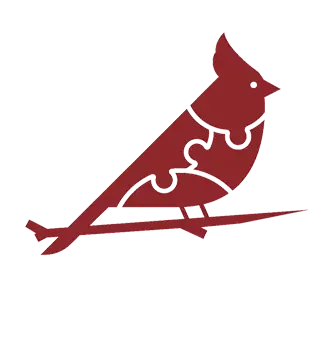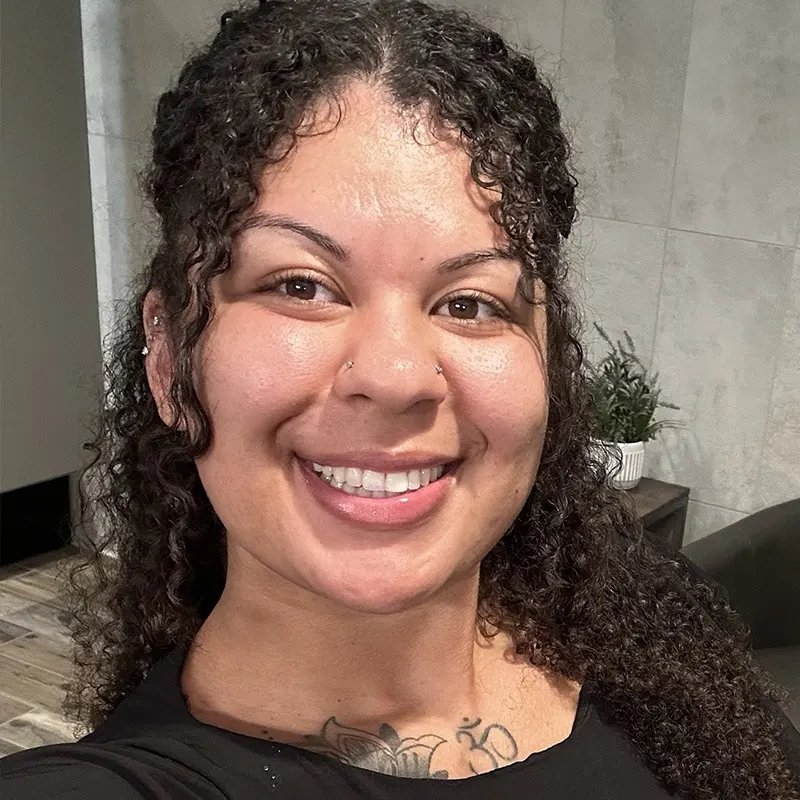The start of a new school year brings a mix of excitement, nerves, and uncertainty. For families raising a child on the autism spectrum, this transition can present unique challenges that require thoughtful planning and support. Preparing ahead of time can make a big difference in how smoothly your child adjusts to the classroom environment.
At Cardinal Pediatric Therapies, we work closely with families across Arizona and North Carolina to support school readiness through personalized ABA therapy, parent training, and evidence-based strategies. In this article, we’ll share practical and compassionate tips for getting your child with autism ready for the school year, helping them build confidence and success from day one.

Start Routines Early and Gradually
One of the best ways to prepare your child for the school year is to start adjusting routines weeks in advance. Sudden schedule changes can be overwhelming for children with autism, especially when it comes to sleep, meals, or screen time.
Begin by gradually shifting your child’s wake-up time and bedtime to align with the school day. Introduce structured activities in the morning and early afternoon to mirror the timing of school tasks. Practicing daily routines ahead of time helps your child feel more secure and better prepared for the transition.
Visit the School Before the First Day
Familiarity can significantly reduce anxiety. If your child is starting at a new school or transitioning to a different classroom, schedule a school visit before the first day. Walk through the classroom, cafeteria, restrooms, and any other areas your child will encounter.
Meeting the teacher, aides, and front office staff ahead of time can provide a sense of safety. If your child has sensory sensitivities, visiting during a quiet time can help them acclimate without feeling overwhelmed.
Use Visual Schedules and Social Stories
Many children with autism benefit from visual supports that explain what to expect. Create a visual schedule or social story outlining a typical school day. Use photos, drawings, or icons to depict each step, from waking up and getting dressed to riding the bus and returning home.
Social stories are beneficial in explaining new environments, rules, or social expectations. These tools help reduce uncertainty, improve understanding, and prepare your child for changes in routine.

Meet the Teacher in Advance
Establishing a positive relationship with your child’s teacher is key to ensuring a smooth school year. Arrange a meeting before school begins to discuss your child’s strengths, challenges, triggers, and strategies that have worked in the past.
Share insights about sensory needs, communication preferences, and behavioral supports. This helps the teacher personalize their approach from the start and provides a foundation for ongoing collaboration.
Prepare for Sensory Needs
School settings can be overwhelming due to sensory input like noise, bright lights, crowded hallways, or unfamiliar smells. Talk to school staff about your child’s sensory sensitivities and develop a plan that supports their needs.
Options may include:
- Access to a quiet space or sensory break area
- Permission to use noise-canceling headphones
- Adaptive seating or fidget tools during instruction
- Visual or verbal cues for transitions
These small accommodations can make a big difference in your child’s comfort and ability to focus.
Include a Comfort Kit in Their Backpack
A comfort kit can provide emotional regulation tools for challenging moments during the day. Include familiar items such as:
- A favorite stuffed animal or small toy
- A textured or sensory fidget item
- Noise-reducing headphones
- A visual schedule or calming strategy card
Let your child know they can access these items when they feel overwhelmed or need a break. Make sure teachers and aides are aware of what’s in the kit and when it can be used.
Practice Self-Care as a Parent
Transitions are not only complex for children but for parents as well. Managing schedules, communication with schools, and your child’s emotional responses can take a toll. It’s essential to prioritize your own mental and emotional well-being during this time.
Take breaks when needed, ask for help from support networks, and engage in activities that help you recharge. When you feel grounded, you’ll be better equipped to provide the calm consistency your child needs.

Maintain Open Communication with School Staff
As the school year progresses, keep the lines of communication open with teachers, therapists, and aides. Schedule regular check-ins, and share updates about what is working well and what may need adjustment.
Use a communication notebook or digital log to track behavior, routines, and successes. Collaborating with the school team ensures your child receives consistent support and promotes problem-solving when challenges arise.
Plan for Daily Transitions
Transitions between activities or environments can be difficult for children on the autism spectrum. Work with your child’s teacher to implement transition strategies, such as:
- Countdown timers or visual clocks
- Verbal prompts with warnings (e.g., “Five more minutes”)
- Transition songs or signals
- Allowing extra time for movement between tasks
These tools help your child shift focus more comfortably and prevent meltdowns related to abrupt changes.
Celebrate Small Wins
Back-to-school season is filled with emotional highs and lows. Celebrate each milestone, whether big or small. Getting on the bus, making it through a full day, trying a new lunch, or saying hello to a peer are all moments worthy of recognition.
Positive reinforcement builds self-esteem and shows your child that their efforts are noticed and valued. Share successes with teachers and family members to create a community of support around your child.
How Cardinal Pediatric Therapies Supports School Readiness
At Cardinal Pediatric Therapies, we specialize in preparing children for academic and social success through customized ABA therapy, parent training, and classroom readiness support. Our programs help children build foundational skills such as:
- Following instructions
- Communicating needs effectively
- Managing transitions
- Navigating social interactions
- Developing sensory regulation tools
Whether your child is entering preschool, starting elementary school, or transitioning to a new educational setting, our team works with you to create a plan that supports a smooth and confident start.
We offer ABA therapy services in Arizona and North Carolina, both in-home and in-clinic, to fit the needs of your family. Our goal is to empower children and parents with the tools, strategies, and encouragement needed to succeed—both inside and outside the classroom.

Get Started With ABA Therapy at Cardinal Pediatric Therapies!
Preparing your child with autism for the school year takes time, intention, and collaboration. By starting routines early, using visual supports, planning for sensory needs, and maintaining communication with school staff, you create a foundation for success.
Every child’s journey is different, and what works for one may not work for another. Stay flexible, trust your instincts, and know that progress often comes in small but meaningful steps.
If you are searching for ABA therapy, parent training, or school readiness support in Arizona or North Carolina, Cardinal Pediatric Therapies is here to help.
Contact us today to learn more about how we can support your child’s educational journey.











